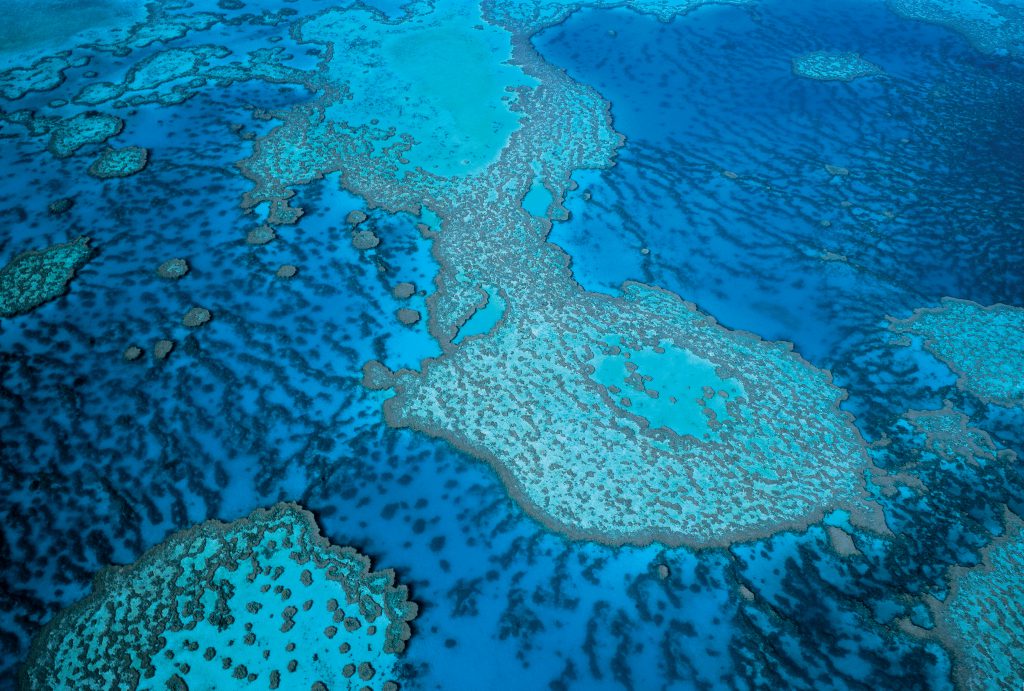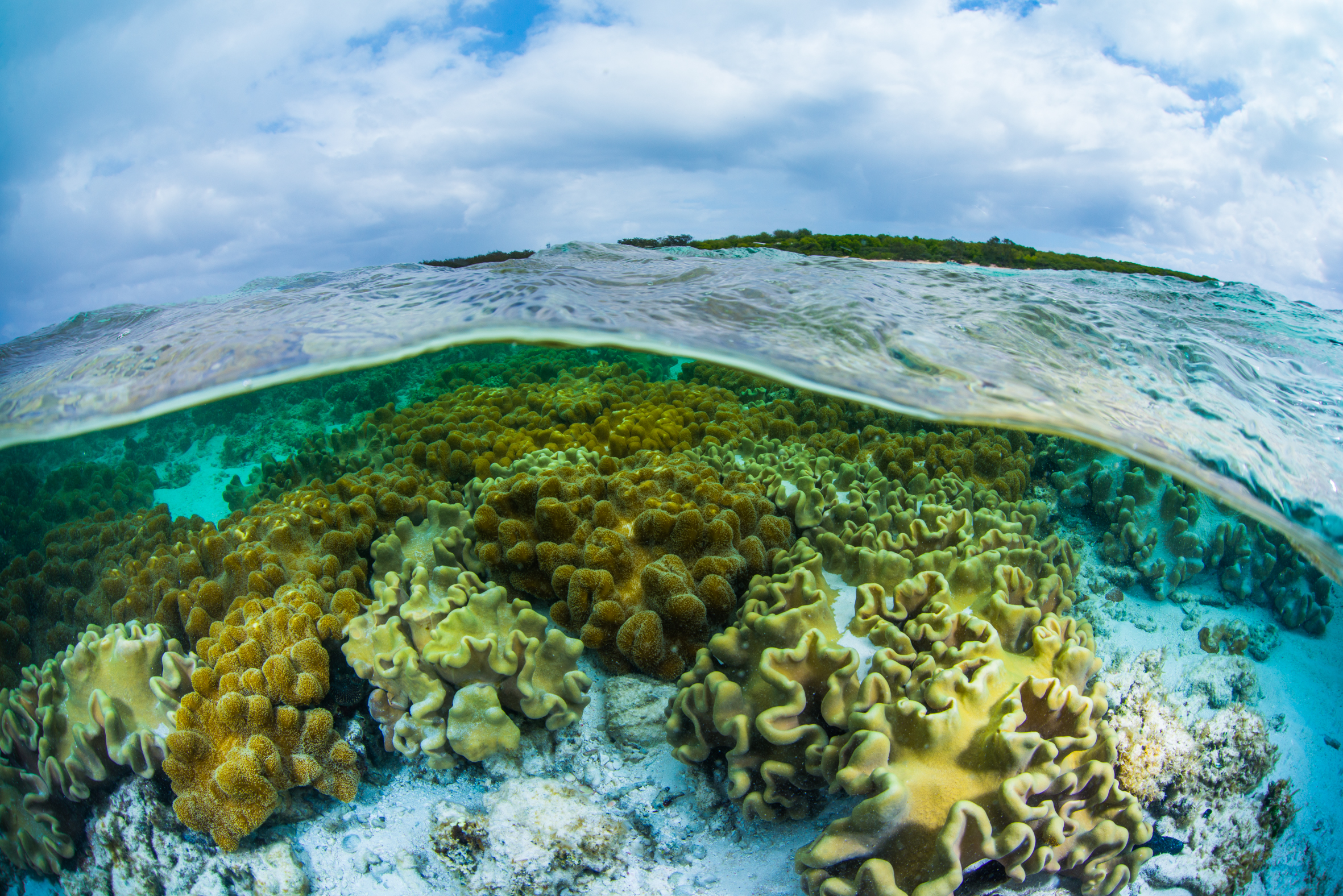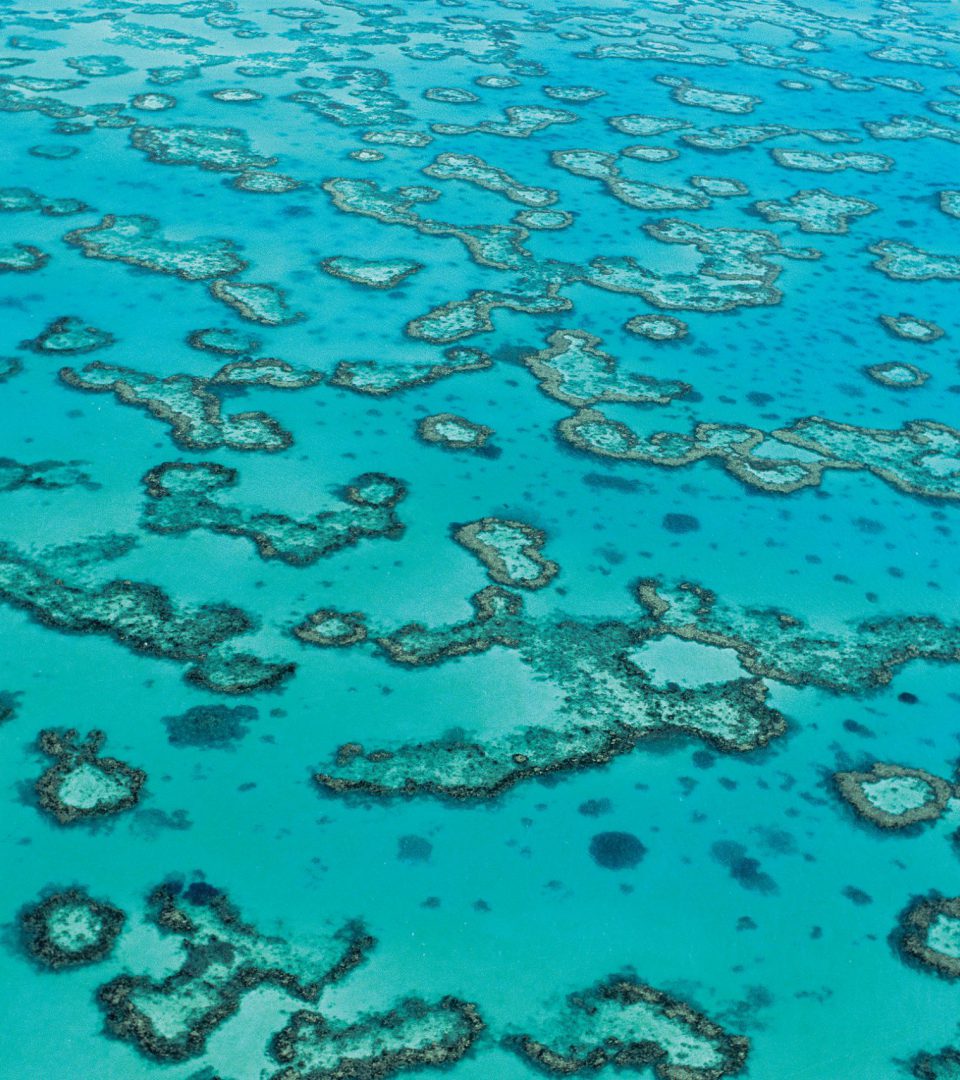Modelling and Decision Support

Photo: Tourism and Events Queensland
The Modelling and Decision Support Subprogram aims to enable Reef restoration and adaptation decision-makers in making and communicating the highest quality decisions to guide investment and action.
As the Program’s various intervention technologies are researched and developed, the levels of restoration, adaptation or protection potential, and the levels of cost involved are subject to uncertainty and prediction. The potential of interventions is their future ability to protect, restore or help adapt, and this is captured through comprehensive physical, ecological, value and risk modelling. The potential cost of deployment, construction, production, and the cost of supporting and operating the required industries, is captured through working with the intervention subprograms.
The Program’s cross-cutting Modelling and Decision Support Subprogram will use leading-practice decision processes and modelling to investigate a multitude of critical strategic and tactical decisions around possible intervention deployment – investments, field testing, technological and social readiness, prioritisation, and trade-offs under climate uncertainty and with limited time and resources.
The Modelling and Decision Support Subprogram is reliant on, and works closely with, other RRAP subprograms which provide the core information to support modelling and decision options. The Subprogram also works closely with the RRAP governance and decision-makers for possible investment and action.
The team will both build on existing and develop new Reef modelling tools, which will be critical to future decision making. The rapid rate of change on the Great Barrier Reef, as caused by the effects of climate change, requires new adaptive management principles and a greater than normal reliance on modelling to assist with decision support.
Scope and expected outcomes
The key outcomes of the Modelling and Decision Support Subprogram are to:
- Ensure that high quality decisions are made about Reef interventions for restoration, adaptation and protection
- Ensure that physical, ecological, value and risk modelling of the Reef, and interventions, are consistent, defensible and informative for decision processes
- Develop a mature decision support capability for the Reef that endures beyond the life of the Program
- Further develop and mature the modelling capability for the Reef that endures beyond the life of the Program

Photo: Gary Cranitch
Current projects
Management and Operations
The overarching aim of this project is to provide the operational capability and capacity to guide RRAP’s quality decision making based on best available information from models and data, and against multiple objectives set by GBR stakeholders and rightsholders
Information Systems Development
This project will encompass the governance, design and construction of an Information System to support the RRAP modelling and decision support components. It will ensure all necessary context for decisions made by RRAP projects can be captured, archived and accessed as required.
Decision Systems Development
This project will develop a set of guiding principles, models and analyses that can help to inform quality and priority decisions around RRAP interventions, in consideration of the multiple objectives of and benefits to diverse stakeholder, funder and rightsholder groups. Critical to this, the project will support and allow for informed, transparent, unbiased, inclusive, and timely decision making.
ReefMod Model Development
This project will expand on the capabilities of the ReefMod ecological restoration modelling tool. The project aims to evaluate the benefits and success of restoration of a particular Reef area, by also modelling for the nutrient runoff impacts on algae and ocean acidification, and including a more appropriate model of coral genetic adaptation.
eReefs and CoCoNet Model Development
The eReefs and CoCoNet predictive models are helping to improve current management of GBR and into the future by mapping big data in near real-time. They provide a picture of what is happening across the entire living, connected ecosystem and predict future responses. This project will expand these capabilities to drive the models used in RRAP, e.g. improving ecosystem connectivity estimates, and incorporating coral disease susceptibility or natural adaptative capability.
Integrated Population Model Framework
This project will focus on developing models that can support the decision-making around interventions that could be deployed on single reefs or reef sites. The project will determine the costs and benefits of deployment at select sites within a reef, with consideration of coral age and growth rate and the environmental variation within a reef.
Subprogram Leaders
Project Leaders:

Scott Condie
CoCoNet Project Lead, CSIRO

Peter Fitch
Information Systems Lead, CSIRO

Peter Mumby
ReefMod Project Lead, UQ
Research Team:
Matthew Adams – UQ
Michael Bode – QUT
Yves-Marie Bozec – UQ
Anna Cresswell – AIMS
Ryan Heneghan – QUT
Sean Pascoe – CSIRO
Marji Puotinen – AIMS
Gabriela Scheufele – CSIRO
Matthew Simpson – QUT
Sharon Tickell – CSIRO
Jonathan Yu – CSIRO
Partners
Third-party roles in delivery will include collaboration with:
Adaptus
AIMS
CSIRO
Queensland University of Technology
University of Queensland
Numerical Optics
Dobes & Associates
R & Z Consulting
Social Ventures Australia




